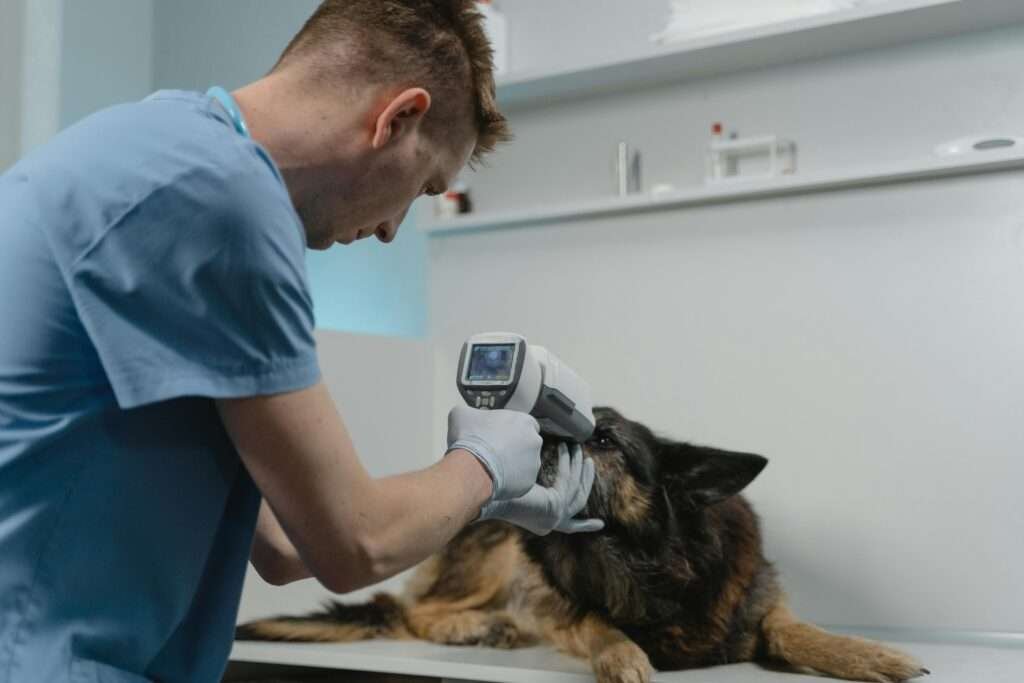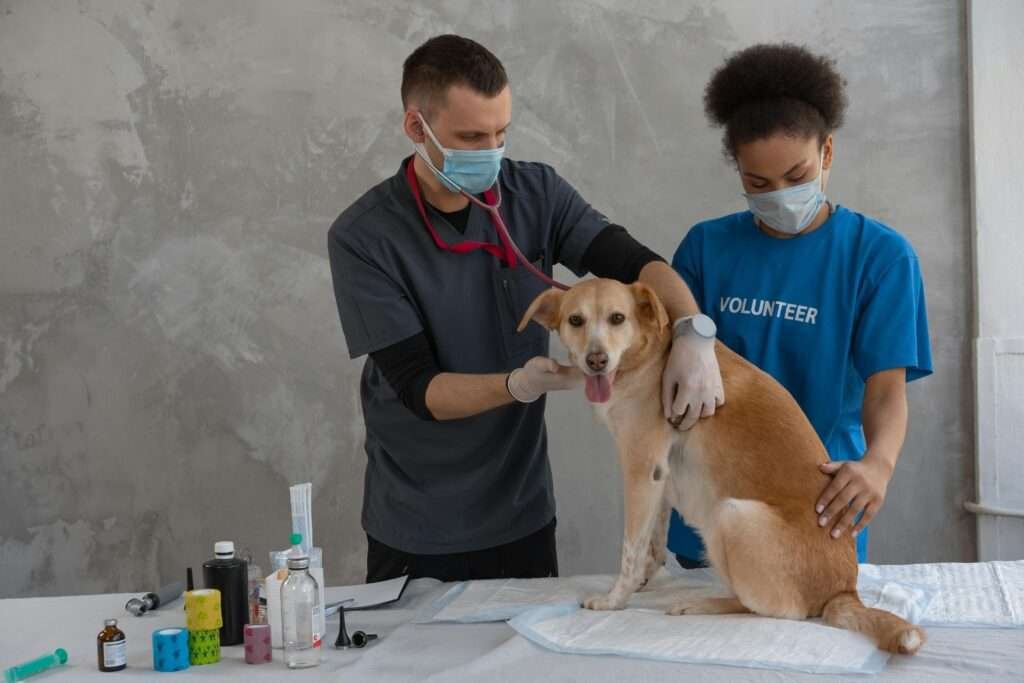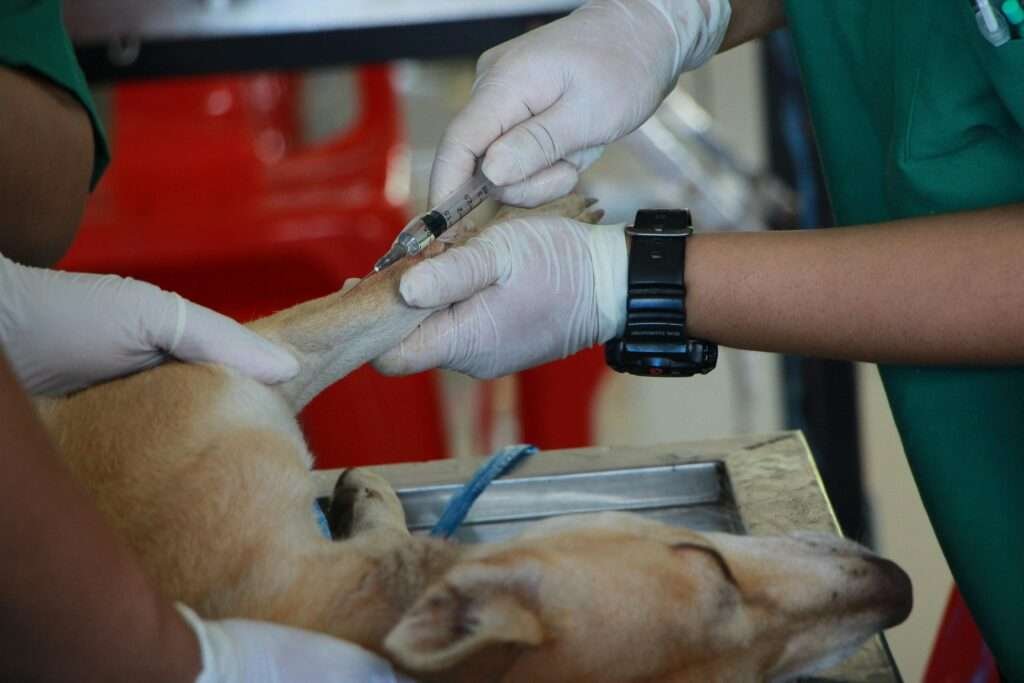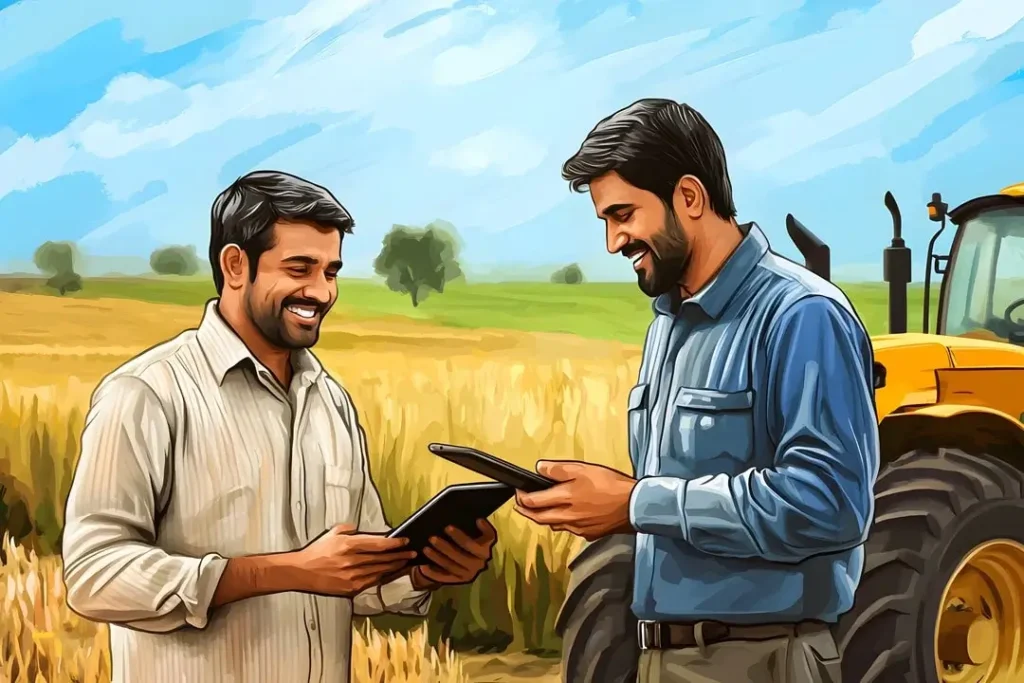Veterinary doctors play an essential role in ensuring the health and well-being of animals, both domestic and wild. Their expertise extends beyond just treating sick pets; they contribute significantly to public health, food safety, and environmental conservation. By diagnosing, treating, and preventing diseases in animals, veterinarians help maintain a balance in ecosystems while also protecting human populations from zoonotic diseases.
Guardians of Animal Health
Veterinarians are responsible for the medical care of animals, ranging from household pets to livestock and wildlife. They perform routine check-ups, vaccinations, and surgeries to keep animals healthy and free from infections. With their deep understanding of animal anatomy, behavior, and physiology, they can diagnose and treat a wide variety of illnesses, ensuring the well-being of both individual animals and entire species.
Preventing and Controlling Diseases
One of the most critical responsibilities of veterinary doctors is preventing the spread of diseases. Many infectious diseases can jump from animals to humans, known as zoonotic diseases. Rabies, bird flu, and brucellosis are just a few examples. Veterinarians play a crucial role in controlling these outbreaks by administering vaccinations, conducting disease surveillance, and advising pet owners and farmers on best practices to prevent infections.
Veterinary Medicine in Livestock and Agriculture
Beyond pet care, veterinarians contribute to the agricultural industry by ensuring the health of livestock. Healthy cattle, poultry, and other farm animals are vital for food production and economic stability. Veterinary doctors help maintain high standards of animal welfare, ensuring that meat, milk, and other animal products are safe for human consumption. Their expertise also extends to managing genetic breeding programs and improving animal productivity.
Wildlife Conservation and Environmental Protection
Veterinary doctors also work in wildlife conservation, helping to protect endangered species and rehabilitate injured animals. They collaborate with environmentalists and researchers to study animal populations, monitor diseases, and implement conservation strategies. By safeguarding wildlife, they help maintain biodiversity, which is essential for a healthy ecosystem.


The Challenges of Being a Veterinary Doctor
The profession comes with its own set of challenges. Veterinarians often deal with emotionally taxing situations, such as treating critically ill animals or making difficult decisions about euthanasia. Additionally, they must stay updated with advancements in medicine and technology to provide the best care possible. Despite these challenges, the profession is incredibly rewarding, as veterinarians make a real difference in the lives of animals and their owners.
The Future of Veterinary Medicine
The field of veterinary medicine is evolving rapidly, with advancements in medical technology, telemedicine, and artificial intelligence playing an increasing role in animal healthcare. The integration of modern diagnostic tools and treatment methods is improving the quality of care, making it easier to diagnose and treat complex conditions. As the world becomes more conscious of animal welfare, the demand for skilled veterinary professionals continues to grow.
Veterinary doctors are indispensable in maintaining the health of animals and ensuring a safer world for humans. Their dedication to animal welfare, disease prevention, and medical research underscores their vital role in society. Whether working in clinics, farms, research labs, or conservation projects, veterinarians continue to shape a healthier future for both animals and humans alike.


